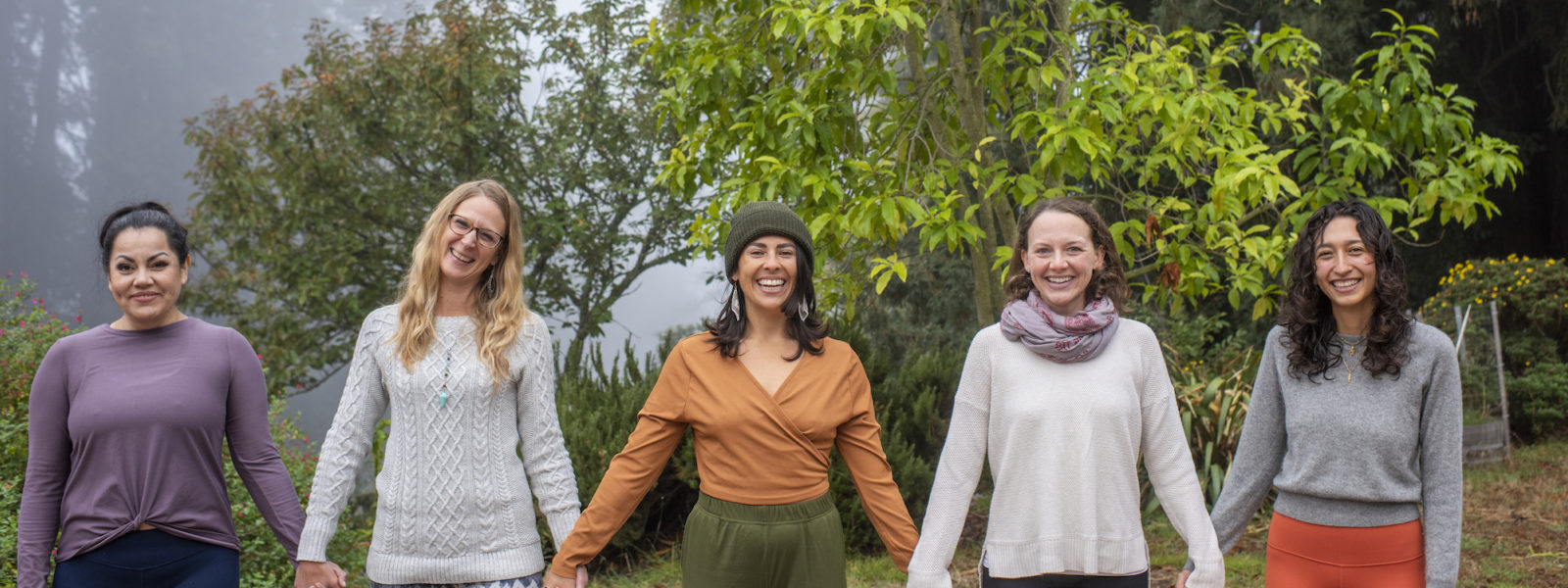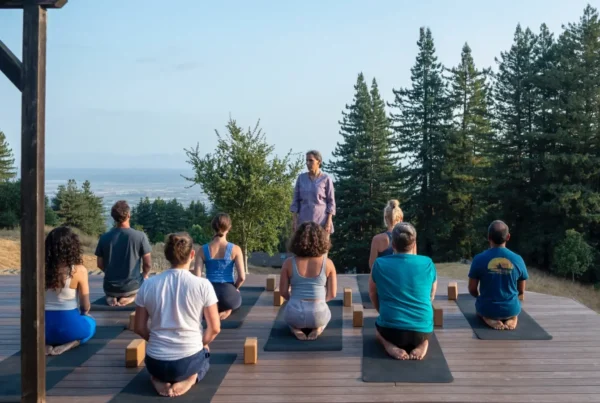“By contentment, the highest happiness is attained.” – The Yoga Sutras of Patanjali, Sutra II.42
On this Thanksgiving Day we call to mind the many things for which we are grateful.
Thanksgiving, a national holiday celebrated on various dates in the United States, Canada, Grenada, Saint Lucia, and Liberia began as a day of giving thanks for the blessing of the harvest and of the preceding year. Similarly named festival holidays occur in Germany and Japan.
Gratitude is very like the yoga practice of santosh, or contentment, one of the five observances explained by the sage Patanjali in the Yoga Sutras written in approximately 250 BCE. Practicing contentment is a lifelong pursuit and an integral part of yoga study.
The practice can be simple and relatively easy to do. It may involve taking moments during our day to reflect on the people, places, events, experiences, and other small and big things that bring contentment to our outlook on life. A moment may be found in the morning, as the first exercise we do, to set the tone of our day; or as the last, at night before going to bed. Another moment may be found at the beginning of a meal, before taking the first bite. Other times for the practice of santosh may be found in spaces in between activities throughout the day. Essentially the study is to remember, reflect upon, and acknowledge with gratitude and contentment the many wonders in each day.
Santosh is a state of mind. It tampers down desires as we reflect on what we already have. It is said in the Yoga Sutras that perfection of the practice of contentment brings unsurpassed happiness. The mind no longer wants more and is satisfied with what it already has.
“True contentment means accepting everything that comes unsought, and not seeking anything that doesn’t come unsought.” (Baba Hari Dass, Yoga Sutra, Book II.42, commentary).
May your Thanksgiving Day and future days be filled with many moments of santosh.




